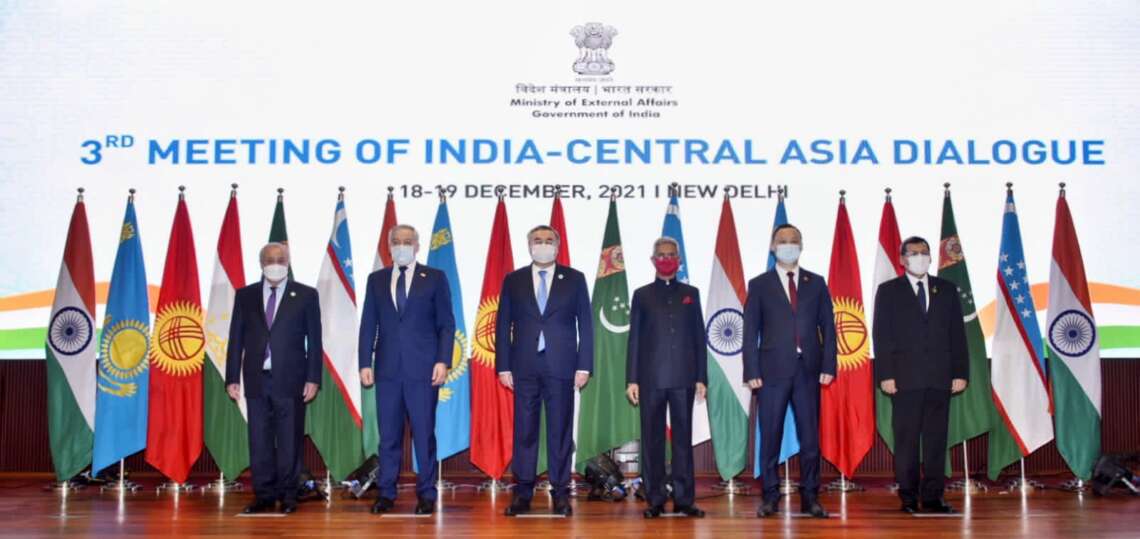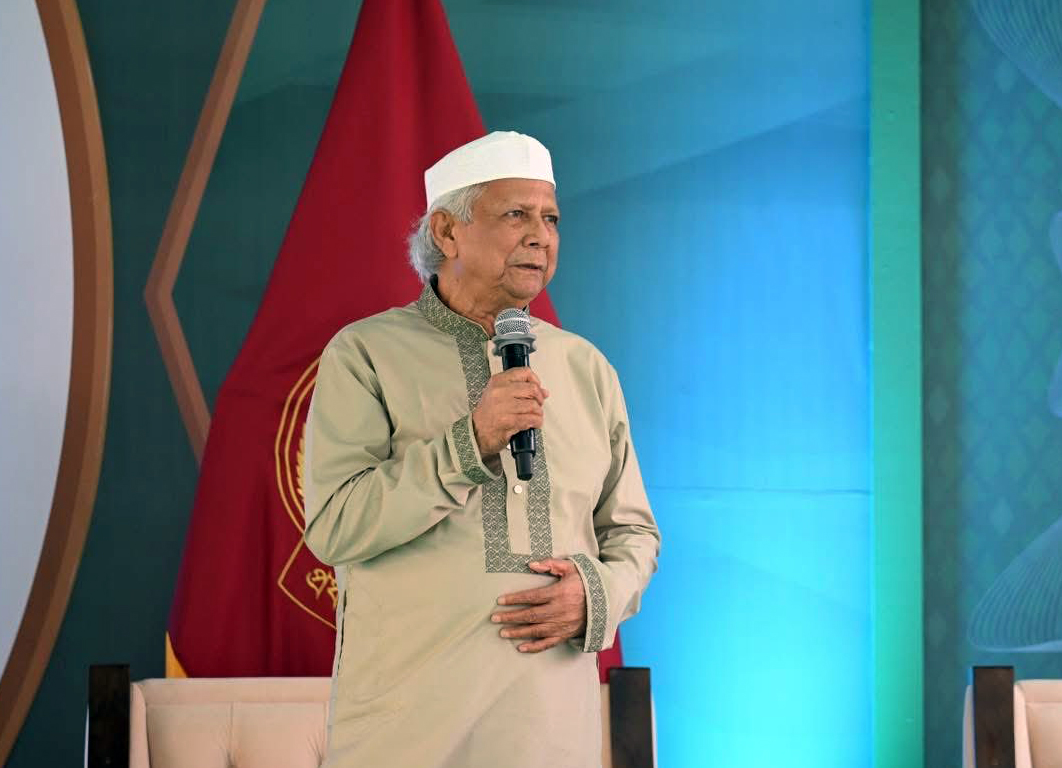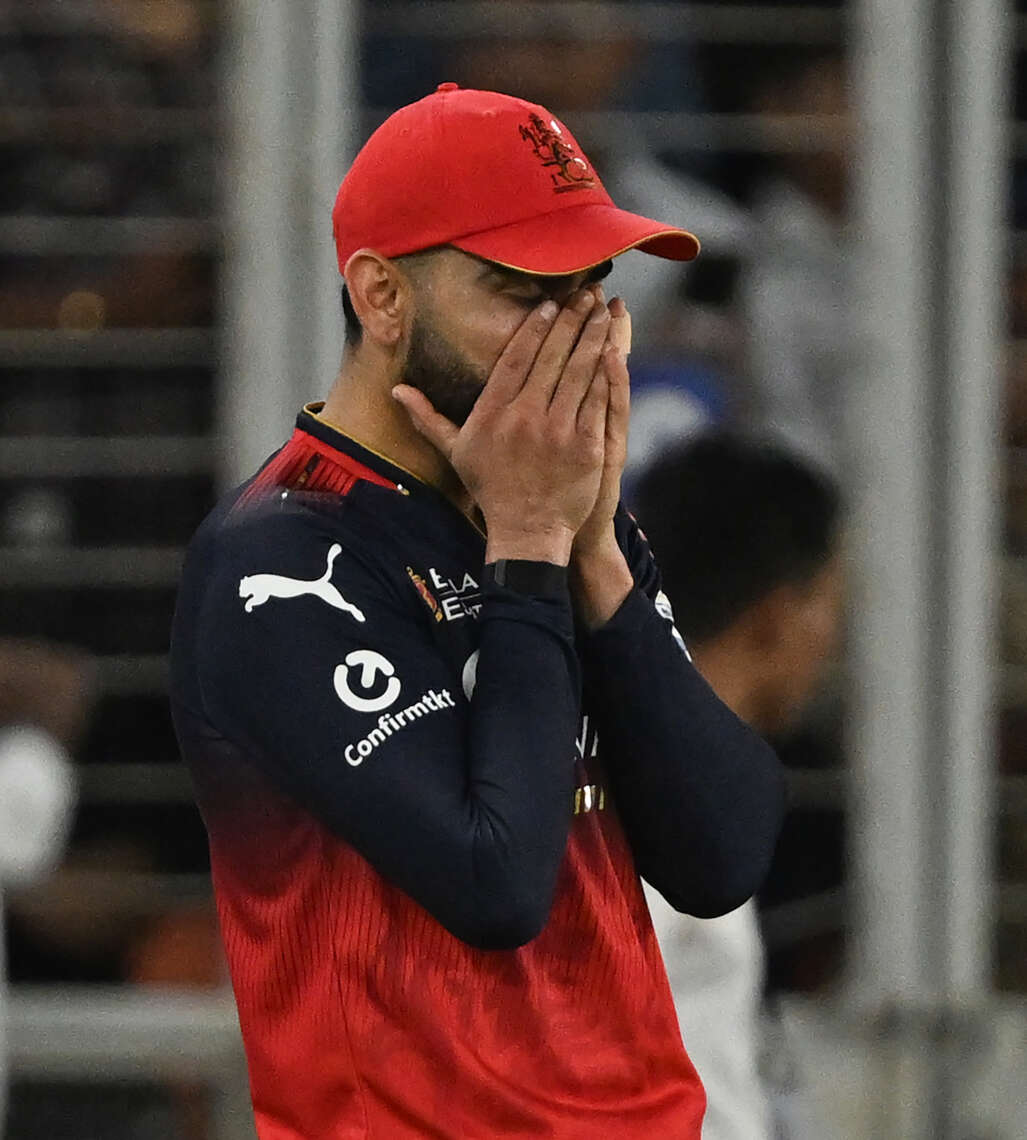The India-Central Asia Dialogue, launched in January 2019 in Samarkand, serves as a key platform for strengthening ties between India and Central Asia…reports Asian Lite News
Foreign Ministers from Kazakhstan, Turkmenistan, Uzbekistan, Kyrgyzstan, and Tajikistan will gather in New Delhi on Thursday for the two-day 4th India-Central Asia Dialogue, as India steps up efforts to strengthen anti-terrorism and de-radicalisation cooperation across the region.
External Affairs Minister (EAM) S. Jaishankar will host the five Central Asian foreign ministers – including Bakhtiyor Saidov (Uzbekistan), Rashid Meredov (Turkmenistan), Zheenbek Kulubaev (Kyrgyzstan), Sirojiddin Muhriddin (Tajikistan) and Murat Nurtleu (Kazakhstan) – amid continued incidents of cross-border terror, highlighted by the heinous April 22 Pahalgam terror attack which resulted in the death of 26 innocent civilians.
The visiting Foreign Ministers will participate in the India-Central Asia Business Council meeting on Thursday and India-Central Asia Dialogue on Friday before wrapping up their India visit after calling on Prime Minister Narendra Modi on the same evening.
The India-Central Asia Dialogue, launched in January 2019 in Samarkand, serves as a key platform for strengthening ties between India and Central Asia. The second meeting took place virtually in October 2020 and focussed on regional security, counter-terrorism, and infrastructure development. The third meeting was held in New Delhi in December 2021 and emphasised connectivity to further deepen the ties between India and Central Asia.
At the fourth edition of the dialogue on June 6, the ministers will discuss further strengthening of relations between India and Central Asian countries with particular focus on trade, connectivity, technology, and development cooperation. They will also share perspectives on challenges to regional security and other regional and global issues of mutual interest.
“India and Central Asia, in each other’s ‘Extended Neighbourhood’, enjoy close and cordial contemporary diplomatic relations underpinned by millennia old cultural and people-to-people exchanges. The first India-Central Summit held virtually in January 2022 and the mechanism of India-Central Asia Dialogue, at the level of Foreign Ministers, have taken this relationship substantially forward,” read a statement issued by the MEA.
India-Central Asia Summit at leaders’ level is the highest level of engagement between India and Central Asia. The inaugural Summit was held virtually in January 2022 and marked a pivotal step in strengthening India’s ties with the region. It was chaired by Prime Minister Narendra Modi and attended by the Presidents of Kazakhstan, Kyrgyzstan, Tajikistan, Turkmenistan, and Uzbekistan. The Summit adopted the ‘Delhi Declaration’, institutionalising biennial summits and regular ministerial dialogues.
As many as four Central Asian Countries, except Turkmenistan, are also fellow members of SCO, Asia Cooperation Dialogue and CICA. All the CACs support India’s permanent membership in a reformed and expanded UN Security Council besides generally supporting India’s candidates in the elections to UN bodies.
India shares historical and cultural linkages with the Central Asian Countries (CACs) going back several millennia. Buddhism spread from India via Tibet to Central Asia, establishing strong spiritual ties. Indian monks founded monasteries and translated texts across Central Asia. Key Buddhist sites like Termiz, Fayaz Tepe, Kara Tepe, and Adzhina Tepe reflect this influence.
Later, historians such as Ibn Batuta and Al-Biruni documented vibrant exchanges. Indian migrants brought cotton, spices, and Buddhism to cultural centers like Samarkand and Bukhara. Babur, founder of the Mughal Empire was from Ferghana Valley, Uzbekistan. Exchange of goods, peoples, ideas, traditions, cuisines etc. continued between India and the CACs in both directions, until the beginning of colonial era in the 19th century.
“The India-Central Asia Dialogue is a manifestation of mutual interest on the part of India and the Central Asian countries to forge even closer, wider and stronger partnership in a spirit of friendship, trust and mutual understanding,” the MEA stated.














